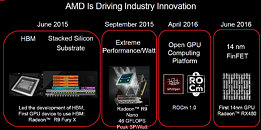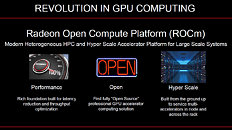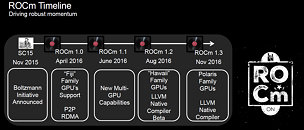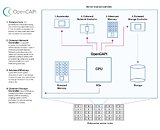SMART Modular Technologies Launches its First Compute Express Link Memory Module
SMART Modular Technologies, Inc. a global leader in memory solutions, solid-state drives, and hybrid storage products announces its new Compute Express Link (CXL) Memory Module, the XMM CXL memory module. SMART's new DDR5 XMM CXL modules helps boost server and data center performance by enabling cache coherent memory to be added behind the CXL interface, further expanding big data processing capabilities beyond the current 8-channel/12-channel limitations of most servers.
The industry adoption of composable serial-attached memory architecture enables a whole new era for the memory module industry. Serial-attached memory adds capacity and bandwidth capabilities beyond main memory DIMM modules. Servers with XMM CXL modules can be dynamically configured for different applications and workloads without being shut down. Memory can be shared across nodes to meet throughput and latency requirements.
The industry adoption of composable serial-attached memory architecture enables a whole new era for the memory module industry. Serial-attached memory adds capacity and bandwidth capabilities beyond main memory DIMM modules. Servers with XMM CXL modules can be dynamically configured for different applications and workloads without being shut down. Memory can be shared across nodes to meet throughput and latency requirements.










